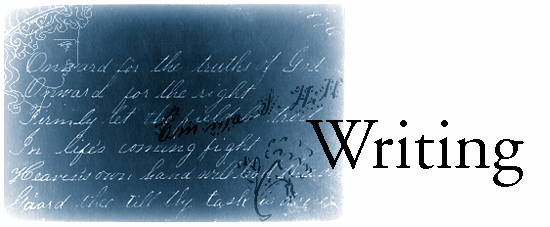
 German propaganda poster from WWII showing the unlikely circumstance of the Waffen SS joining with Norway in the fight against Bolshevism. |
Colossal Lies: Joseph Goebbels and Nazi Propaganda
We Germans know something about propaganda. Joseph Goebbels, 24 June 1939 |
In the early hours of the morning on June 22nd 1941, the Supreme Commander of the Armed Forces, Adolph Hitler, and the Reich Minister of Public Enlightenment and Propaganda, Joseph Goebbels, spent the last hours prior to Germany’s invasion of Russia choosing fanfare music which would precede radio announcements of the advancing and victorious Germany troops. Even at such a time, how the people of Germany would be handed the news of the invasion was of paramount importance. It must have been a surreal scene – army headquarters as media center. Neither man realized that by taking the decisive step against Russia, they were also taking the first step to destruction.
Joseph Goebbels had joined the National Socialist (Nazi) party in 1922. He was hardly a "typical" Nazi (nor was Hitler, who had aspired to be an artist and always considered himself one). Most of the early party members were rabble rousers, ill-educated street toughs, fighters .. and veterans of the Great War. Goebbels was none of these things. He was ineligible for army service due to a withered leg and foot which left him with a limp. He was an extremely small man, appearing alongside the fleshier members of the Nazi upper echelon as both dapper and diminutive. He had a university education and had hoped to pursue a career as a writer and journalist. He found no success until he began to rise within the party ranks as its resident intellectual. In 1927 he founded the newspaper Der Angriff, for which he wrote a number of articles detailing the wants and needs of National Socialism. The Nazis had struggled to be taken seriously, but by 1933, Hitler finally obtained the power he had sought and began to rework the various political offices of Germany so that his comrades too could hold positions of power. Goebbels, already Propaganda Leader of the Nazi Party (since 1929), became the Reich Minister of Public Enlightenment and Propaganda on March 13th 1933. It was an office he would hold until his suicide on May 1st, 1945. The Ministry was created especially for him, and he would use it to brainwash a nation.

In actuality Goebbels was not a particularly gifted writer, but he was certainly a prolific one. And, along with Hitler, he was one of the more articulate spokesmen for National Socialism. Goebbels was also a compulsive diarist, and his diaries, speeches and articles make it possible to obtain great knowledge, if not complete understanding, of the man some fifty-five years after his death.
This seduction with words of the German public began early and was based upon the constant repetition of certain ideas: Germany would be, as a result of Nazism, strong, unified and proud. It would recover from the indignities of the post war years with its rampant unemployment and recession. Germany would be great again. To a public who had gone through a devastating and demoralizing time since the end of World War I, this was a most welcome idea. "… [The National Socialists] demand the right of work and a decent living for every working German," Goebbels wrote in 1927, which is a positive enough statement. In the same article, however, Goebbels begins casting blame on the current downtrodden conditions in Germany to the Jews with the supposition that "while the front soldier was fighting in the trenches to defend his Fatherland, some Eastern Jewish profiteer robbed him of hearth and home." This combination of nationalism with Anti-Semitism was to be used over and over again throughout the years of Germany’s restoration to a position as world power.
Home About Me Site Design Photography Ashley Writing Computer Graphics
© 1999 Amanda Osborne
Nothing on these pages may be used without permission. Thank you.